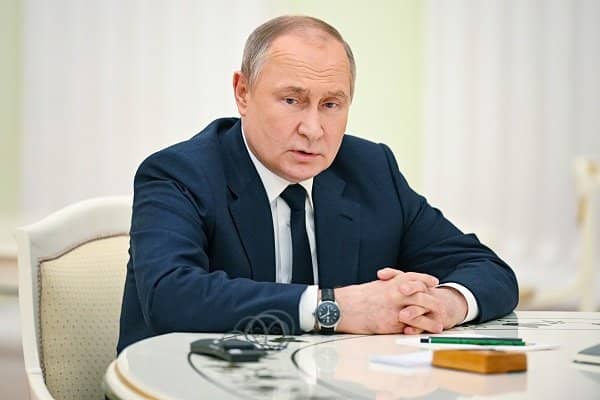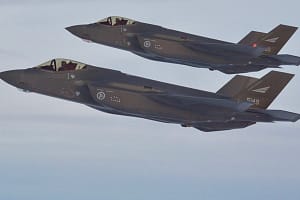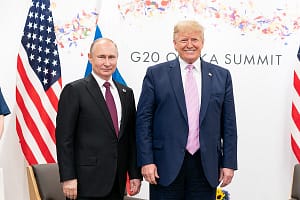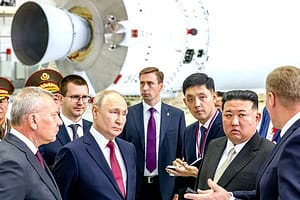New polling from Savanta suggests major generational divides among an increasingly concerned UK population about perceived national security threats to the country.
Ahead of the Munich Security Conference (9-11 Feb), polling of the UK public implies growing disquiet – with the majority (61%) thinking that the world is a less safe place now than five years ago. Just 16% think the world is safer compared to 2019.
In research taken before Donald Trump’s controversial comments – where he said he would not protect NATO allies that do not “pay up” to maintain the alliance – younger people (18-34’s) are equally likely to say (within the margin of error) that a Trump-led US (56%) is a threat to their country as Xi Jinping’s China (53%).
Read more related news:
Cameron warns Putin of ‘consequences’ and must be held ‘accountable’ for Navalny’s murder
Analyst warns that killing Navalny could be Putin’s ‘plan to escalate conflict beyond Ukraine’
Russia to ‘increase their military force along the Baltic states’ border’
Moscow blames ‘Sunak’ for Navalny’s death’ as Putin could be preparing for more conflict
This compares with the wider public, who are more likely to say Xi Jinping’s China is the second biggest threat (70%) behind Vladmir Putin’s Russia (84%).
Emma Levin, Associate Director at Savanta said, “Our research suggests that there may be an interesting generational divide in how the UK public perceives the manifold threats our country faces.
Most see Putin’s Russia as our biggest threat, with Xi Jinping’s China. But young people appear to believe that a second Trump presidency would be equally as much of a threat to the UK as Xi Jinping’s regime.”
“Young people’s priorities for policymakers differ from the wider public too – they’re most likely to rank the Israel-Palestine conflict as a number one priority over Russia-Ukraine. More broadly, most are likely to feel less safe than five years ago, with older people most likely to feel vulnerable.”
Younger people also have a different perspective on the most important issues they believe policymakers should address, compared to rest of the population.
When asked, they ranked the Israel-Palestine as a priority for policymakers (29% versus 21% for Russia-Ukraine), whereas the rest of the public said the most important issue to address was Russia’s invasion of Ukraine (27%, versus 23% for Israel-Palestine)






Leave a Comment